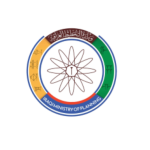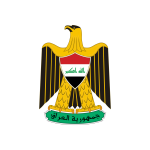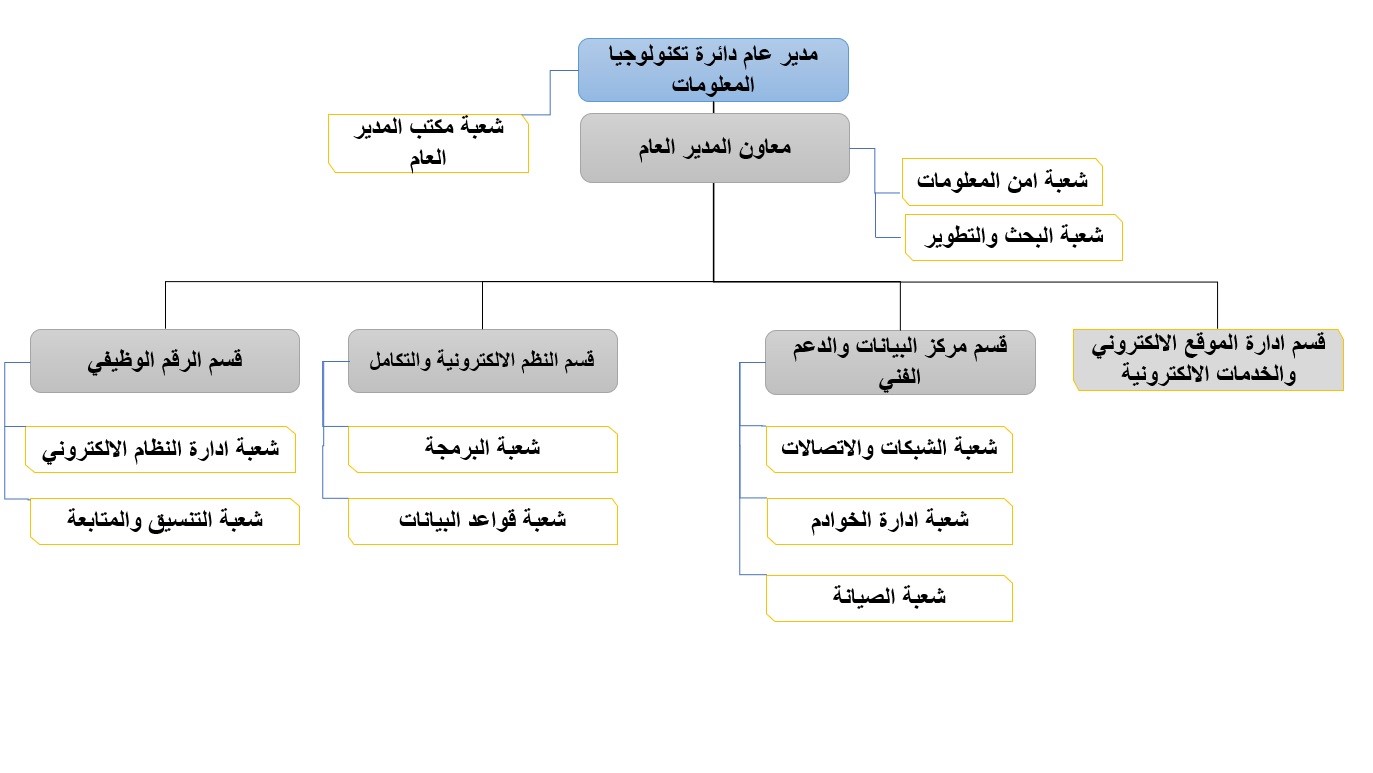information technology
It is one of the divisions of the Information Technology Department and is responsible for managing the office of the Director General, and among its tasks
- Organizing office work.
- Determine the times of interviews with the manager according to the agenda.
- Organizing files and documents related to the administration’s work.
- Receiving all messages and calls and presenting them to the manager at the appropriate times.
- Attend meetings to present the agenda and take notes and results.
- Follow up the implementation of administrative decisions by communicating with all other departments.
Responsible for the design, construction and development of electronic systems and databases. The department consists of the following divisions
Programming Division : Responsible for designing, building and developing electronic systems according to the needs of the beneficiary departments
One of the most important tasks of this division
- Building and developing the necessary software, following it up and supervising its databases in coordination with the Databases Division. In addition to systems analysis, programming and public policy development.
- Developing current electronic services and submitting proposals about future electronic services (automating the Ministry’s work) to replace manual work in order to save time and effort.
- Coordinating with the Infrastructure Department to set the infrastructure specifications necessary for the operation of electronic systems.
- Coordinating with the Information Security Division to ensure the security of electronic systems and work to implement policies related to information safety and confidentiality.
- Documenting programs and creating a user guide.
- Training staff and workers on the electronic systems that are implemented by the Division.
Responsible for designing, implementing, developing and maintaining infrastructures (servers, storage units, networks, Switches…etc) for the Ministry’s headquarters, and it consists of the following divisions
Networks and Communications Division: Responsible for installing, managing and developing the infrastructure for networks and communications at the Ministry’s headquarters. One of the most important tasks of the Division is
- Managing the Video teleconferencing (VTC) at the Ministry’s headquarters and providing the necessary technical support to it.
- Preparing the necessary work environment for applications and managing databases in coordination with the Electronic Systems and Integration Department.
- Managing network firewalls to protect them from external intrusions, in coordination with the Information Security Division.
- Managing the service distributor device (Microtik) for the Internet and Intranet services by defining the usage policy in terms of package size, usage times, and allowed or not allowed sites.
- Coordinating with the relevant authorities for the purpose of managing and maintaining the communication towers providing Internet service, monitoring and evaluating the service, and following up on the annual contract to provide Internet service with the Ministry of Communications.
- Daily follow-up of equipment failures, wired and wireless networks, and provide the necessary support in coordination with the Servers, Networks and Communications Management Divisions.
- Periodic scanning of network components and carrying out wiring and connection work if needed
- Documenting the network’s work, including diagrams, passwords, division of networks, and the function of each network.
Servers Management Division: Responsible for installing, managing and developing various network servers and the ministry’s data center. One of the most important tasks of the division is
- Manage and follow up the work of the infrastructure of servers and their peripherals, perform the necessary periodic maintenance, and set the settings for these devices.
- Establishing and managing the accounts of authorized users from the departments of the Ministry’s headquarters, defining the users’ policy, defining authorities according to the need to meet the work requirements.
- Coordinating with the Electronic Systems and Integration Department for the purpose of preparing the servers necessary to host the systems that have been completed and setting specifications for the data center (servers, switches, ups, etc.) and ensure that they comply with work requirements.
- Carrying out the periodic work related to maintaining and developing the servers system and identifying the necessary requirements for its work in a safe and orderly manner, and in coordination with the Information Security Division to ensure the protection of the infrastructure from penetration or sabotage.
- Managing and updating operating systems and software licenses needed for servers to work.
- Maintaining the security, confidentiality and presence of data throughout the system (servers, storage units,…) and granting the necessary powers to users of the systems.
- Installing, managing and updating the anti-virus system software on servers and computers within the network
- Make backup copies of the data in the servers, copy them on hard drives, save them, make copies of the data of each department, and deliver them to the general managers.
- Manage the main storage devices and take a copy of them on alternative storage devices to use them when needed.
Maintenance Division:
Responsible for providing maintenance and technical support to all departments of the Ministry’s headquarters, and one of the most important tasks of this division
- Maintenance and replacement of physical parts of desktop and laptop computers.
- Maintenance of printers, copiers, scanners and all parts attached to computers.
- Providing technical support to the Networks and Communications Division in wiring network cables and maintaining network sockets.
- Maintaining and installing operating systems for all computers and solving all operational problems related to information technology in the Ministry’s center and its affiliated departments, in addition to office support work.
- Technical support (satellite broadcasting system, surveillance camera system, electronic inquiries, language laboratory).
- Coordinating with the departments to determine the necessary needs of computer equipment and peripherals and setting their specifications.
- Installing and managing field cadre tracking devices, maintaining them, and submitting track reports, according to the needs of the beneficiary.
- Technical support for the GPS vehicle tracking system and the system, and extracting field visit reports.
Responsible for managing, developing and maintaining the Ministry’s website. One of the most important tasks of the department
- Manage the content of the Ministry’s website and the Central Statistical Organization and carry out maintenance and continuous development on it in a way that suits the work and direction of the Ministry.
- Publishing news, announcements, media coverage and events inside and outside the ministry in cooperation with the ministry’s media department.
- Create accounts for the official e-mail for all departments of the Ministry on the domain name of the Ministry’s website and manage it.
- Designing, implementing and publishing the necessary electronic forms in cooperation with the Ministry’s departments and as needed on the Ministry’s website.
- Publication of training courses, meetings, seminars, research and studies in cooperation with the relevant authorities.
- Follow up on updating the software used in the content management system within the Ministry’s website.
- Participation in workshops and seminars related to the tasks of the department with governmental and academic bodies.
- Coordinate with the hosting company to continuously improve performance to match all new developments and follow up on paying annual domain fees with the Media and Communications Authority.
- Manage user privileges and supervise the daily activities of adding content.
- Backing up the website and e-mail and doing archiving work periodically.
- Design and development of mobile applications.
Responsible for granting state employees job numbers, in addition to managing the central information system for employee and salary information. The department consists of the following divisions
The Electronic System Management Division is responsible for managing the central information system for all state employees, and one of the most important tasks of this division
- Establishing and managing a central database of state employee information, which is fed with information by all government agencies.
- Managing the Central Payroll Information System (CPMIS) or what is being developed in this field.
- Granting all government agencies access permissions to the central information system or what is being developed in this field and granting them user names and a special secret code for each formation
- Create and review the standard form for the necessary data in order to feed the central information system with the Excel File extension or what is developed in this field
- Create electronic reporting forms for the benefit of the oversight authorities at the level of all government formations that have completed uploading salary data and allowances for their employees
- Conducting periodic follow-up of the performance of the system, in coordination with all beneficiary and oversight agencies, and carrying out periodic checks on the beneficiaries’ data.
- Develop plans to develop the system to contain tools that decision makers may need, specify the required specifications, and coordinate with the relevant authorities to obtain technical support for the purpose of implementing the work related to the development of the central information system or what is being developed in this field.
- Coordinating with the Information Security Division regarding the security and integrity of information and preserving it from penetration.
- Design, implementation and development of algorithms for creating job numbers for all state employees and for each of the state formations upon request, according to the numbers and storing them in the database.
Division of Coordination and Follow-up
Responsible for coordination and follow-up between the department and the data providers and oversight bodies, and one of the most important tasks of this division
- Coordinating with government agencies that provide data to ensure smooth workflow for the purpose of giving employees job numbers that they keep throughout their work in the public sector so that this number is approved in the databases of government agencies themselves.
- Carrying out follow-up work and coordination with the administrative formations when errors occur in dealing with job numbers or the standard form file and resolving them.
- Coordinating with the oversight authorities to carry out audits of the correctness of data on salary and allowance details, and informing the Ministry of Finance.
- Holding workshops and specialized courses to demonstrate the digital services provided by the central information system or what is being developed in this field for the beneficiary government agencies, and to introduce the mechanisms of use.
Responsible for implementing procedures for protecting the security and confidentiality of information, According to the policy document and standards for security and data sharing, and one of the most important tasks of this division
- Determine security policies and procedures for all electronic systems and programs.
- Controlling the information security requirements of the Ministry’s data center by developing a plan that helps in drawing up mechanisms for information exchange within the Ministry and its external formations.
- Monitoring the infrastructure of networks and communications and all peripheral devices, including computers and servers, and detecting hacking attempts before they occur.
- Measuring and evaluating the risks facing the Ministry’s information security in the field of information technology, and then working to avoid them or reduce their negative effects.
- Developing plans to manage and protect information security and identify risk management mechanisms by discovering the most prominent defects within the ministry and coordinating with all divisions of the department for crisis management.
- Conducting and supervising proactive penetration tests to ensure the quality of network and systems protection according to best practices and international standards.
- Following up, coordinating and activating the departments’ role in implementing information security policies.
- Activating informatics security awareness programs. Developing and updating the Computer Use Policy document in the Ministry.
responsible for setting plans for the development of the department in a manner that guarantees work safety and efficiency, and one of the most important tasks of this division
- Covering conferences, seminars and panel discussions held by the Department’s divisions, participating in conferences, exhibitions, events and external activities, and submitting its recommendations.
- Determining the needs of the staff of the Information Technology Department for capacity development courses and making the necessary recommendations.
- Conducting examinations on all electronic systems and infrastructures, and communicating with the beneficiaries for the purpose of studying them, identifying their problems, and developing visions for their development.
- Coordinating with universities and research centers for the purpose of publishing research and scientific reports.
- Communicating and following up on developments in the field of using information technology and employing it to serve work requirements in order to raise performance efficiency in addition to managing knowledge assets.
- Drawing up the division’s policy by developing an annual work plan and documenting the division’s monthly and annual achievements.
- Participate in setting the technical specifications for the hardware and software required in developing work, raising the technical competence and developing the capabilities of the department’s employees through holding training courses and concluding capacity-building partnerships with various government agencies and the private sector.
- Preparing studies to develop the network for the purpose of increasing its efficiency while increasing the volume of work in the ministry.


